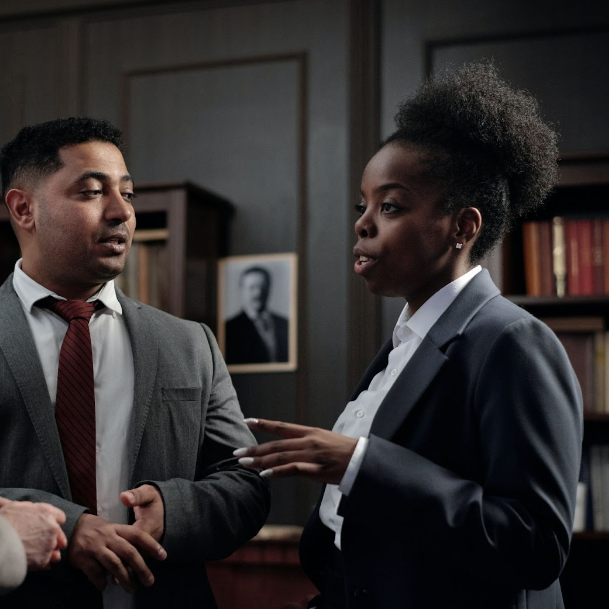Brendan W. Caver DCFS, Juvenile, and Criminal Defense Attorney
What to Know About Slip and Fall Accident Cases
What to Know About Slip and Fall Accident Cases
Determining negligence
A big part of a slip and fall case, then, is determining whether or not the defendant in the case was actually negligent. The victim has the burden of proof to demonstrate negligence on the property owner’s part. A few examples of instances in which the state of Illinois considers a property owner to be negligent include:
- Areas that are poorly lit, increasing the potential for injury when it’s dark outside
- A failure to maintain stairways, escalators and elevators
- A failure to keep walkways, parking lots, flooring or roads dry and free of ice or other substances that could make the surfaces slick
- A buildup of debris in thruways that makes it more likely a person will slip and fall
- Pavement that has gapped or buckled due to not being properly maintained over time
- Falls caused as a result of avoidable workplace dangers that were the fault of the employer or property owner
If it is determined negligence exists in the case, it will be classified as either contributory or comparative. Contributory negligence means the party that slipped and fell is at least 50 percent at fault for the accident, while comparative negligence means that the injured person will be less than 50 percent responsible for his or her fall. If it is contributory negligence, the victim will have a much more challenging path to recovering damages than he or she would in a comparative negligence situation. In any case, the total amount of compensation one receives will be adjusted in proportion to that victim’s amount of fault in the incident.
As to how difficult it is to recover damages in a general slip and fall case, it really varies from case to case. The amount of evidence you have and the kind of circumstances in which the fall occurred will play a big role in your ability to recover damages. Just make sure you file your claim within the two-year statute of limitations after the accident occurs—otherwise, you will be unable to recover any compensation at all.
For more information about how slip and fall cases in Illinois are handled by the state’s court system, we encourage you to contact the Law Office of Brendan W. Caver DCFS, Juvenile and Criminal Defense Attorney today. A slip and fall lawyer in Rockford, IL would be happy to answer your questions about the personal injury claim process.
Recent Posts







